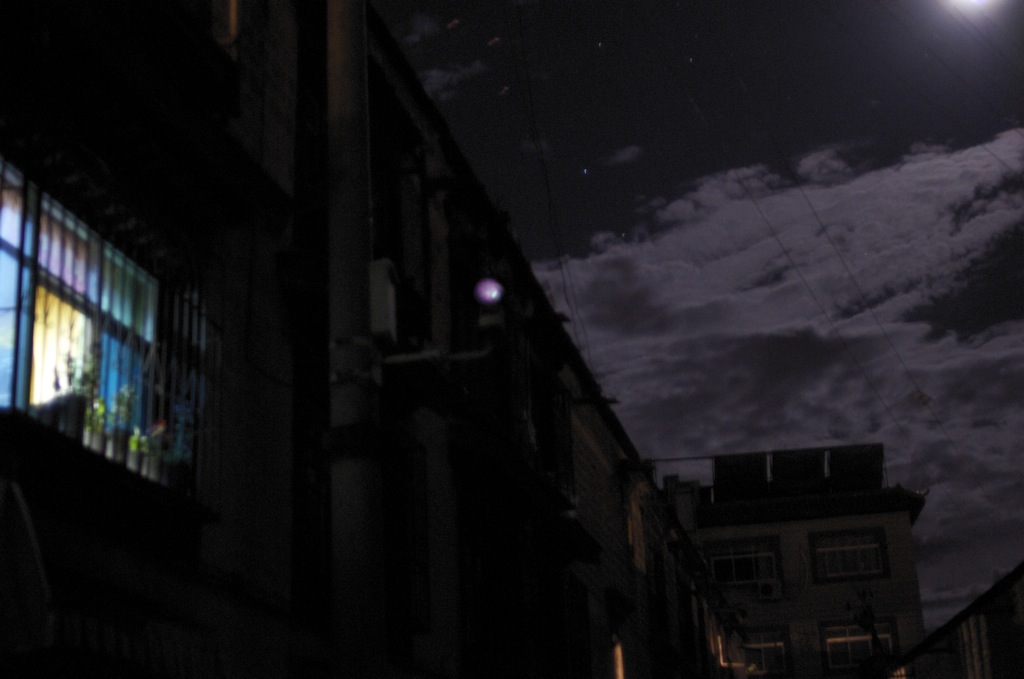Is the current Facebook privacy discussion as some have argued their Microsoft Moment that point where the internal perception of themselves starts to significantly, negatively diverge from the public perception? Or will we look back on it as more akin to the iMac Floppy Moment where Apple launched said computer without, gasp, a floppy drive. Sure it pissed off a bunch of old-skoolers wallowing in the comfort of their own infrastructural lethargy but frankly it read and called the winds of change, and dragged us into the USB future faster than would otherwise have happened?
Whether history will judge Facebook favourably will depend in part on whether they and their ecosystem can deliver sufficient value to sufficient numbers of people, without the negative externalities becoming apparent. 300 million users might seem like a lot of users to adjust to the new way of doing things, but Facebook also recognises that globally it’s small fry. As a comparison there are 4 billion+ mobile phone users out there.
Most people assume the past to be a fixed, known entity whereas the future is there for shaping. Except that the past is in fact pleasantly malleable – not in the sense of wanting to rewrite history which is interesting enough, but simply in terms of being able to recall history. Increasingly we offload the need to remember the minutiae our day-to-day lives to services such as Gmail, Dopplr, Evernote, Reader, and Facebook and the trend will only continue in this direction as we are increasingly able to draw new rich streams of data such as location and transactions.
What happens when these services become the front-end to a life-times worth of memories?
Recollection through the oh-so-monetisable Facebook interface? Welcome to history’s newest gatekeepers.
And the photo? An evening in a Lhasa cafe spent discussing the finer points of tracking and surveillance using mobile phones – that blurry light is part of the government installed close circuit TV system in the old city.
